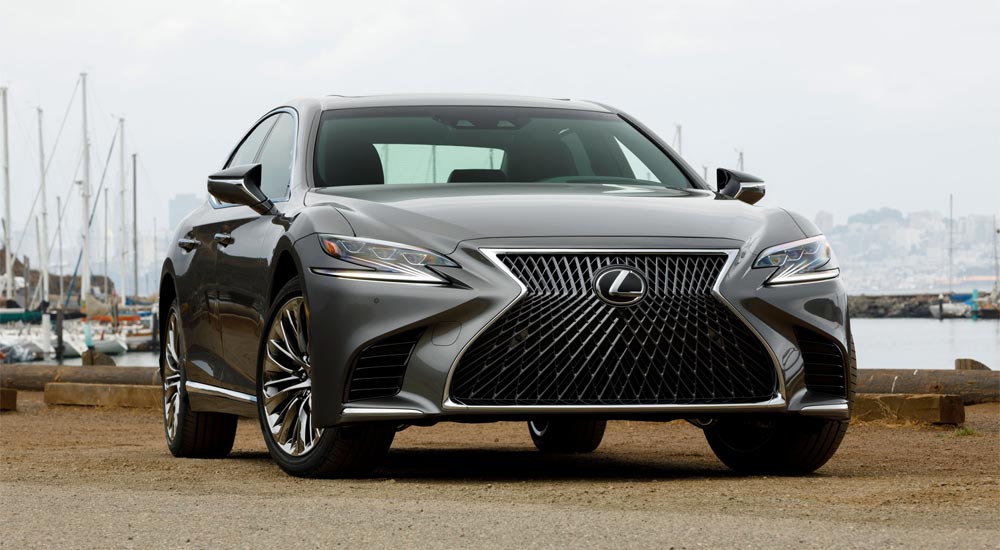USA
Lexus USA has reported 28,622 total sales for August 2018, a 7.1% decrease over last year — here’s the model-by-model breakdown:
| MONTH | Year to Date (*DSR) | |||||
| 2018 | 2017 | % CHG* | 2018 | 2017 | % CHG* | |
| CT | 0 | 204 | -100 | 4 | 4,572 | -99.9 |
| IS | 2,231 | 2,445 | -8.8 | 15,595 | 17,216 | -9.9 |
| RC | 327 | 665 | -50.8 | 2,335 | 4,286 | -45.8 |
| ES | 4,686 | 6,404 | -26.8 | 29,138 | 34,845 | -16.8 |
| GS | 549 | 689 | -20.3 | 4,707 | 4,894 | -4.3 |
| LS | 923 | 413 | 123.5 | 6,004 | 2,670 | 123.8 |
| LC | 210 | 291 | -28 | 1,392 | 1449 | -4 |
| LFA | 0 | 0 | 0 | 2 | 1 | 99 |
| Total Cars | 8,926 | 11,111 | -19.7 | 59,177 | 69,933 | -15.8 |
| NX | 5,644 | 5,517 | 2.3 | 38,969 | 36,946 | 5.0 |
| RX | 10,875 | 10,391 | 4.7 | 70,706 | 66,760 | 5.4 |
| GX | 2,773 | 3336 | -16.9 | 16,817 | 16,308 | 2.6 |
| LX | 404 | 446 | -9.4 | 3,356 | 3,516 | -5.0 |
| Total Trucks | 19,696 | 19,690 | 0.0 | 129,848 | 123,530 | 4.6 |
| Total Sales | 28,622 | 30,801 | -7.1 | 189,025 | 193,463 | -2.8 |
Please note, all percentages are calculated by the Daily Sales Rate (DSR), which takes into account the number of days in the month that dealerships could sell cars. August 2018 had 27 selling days, August 2017 had 27 selling days.


Comments